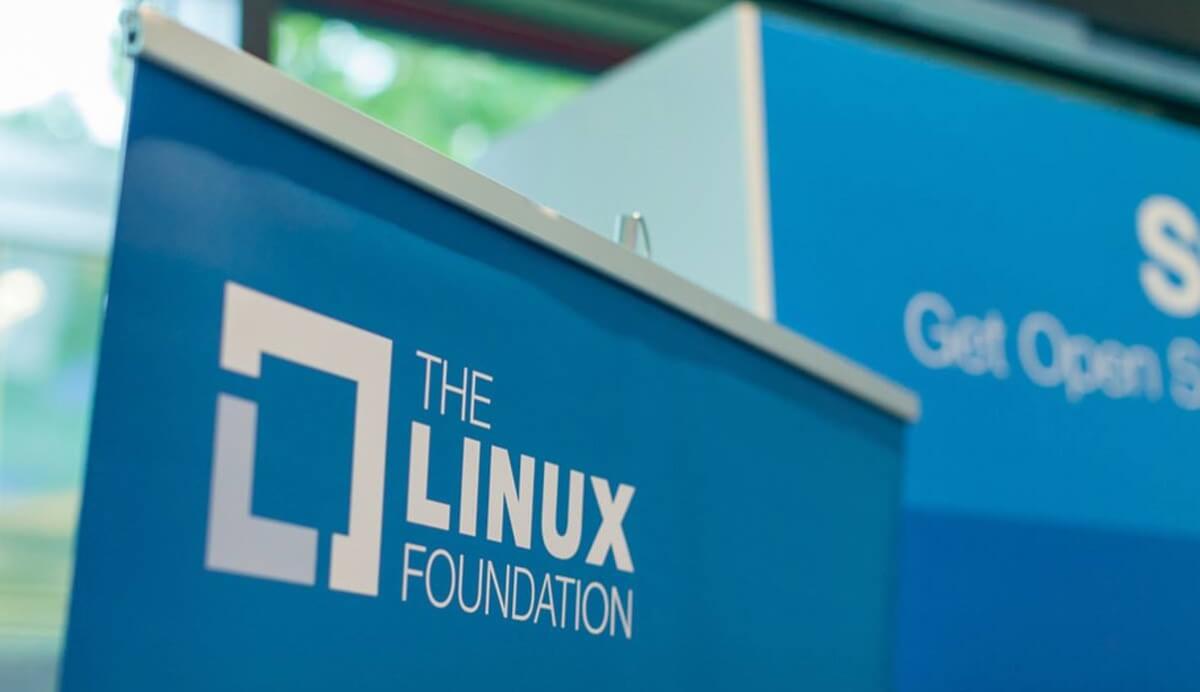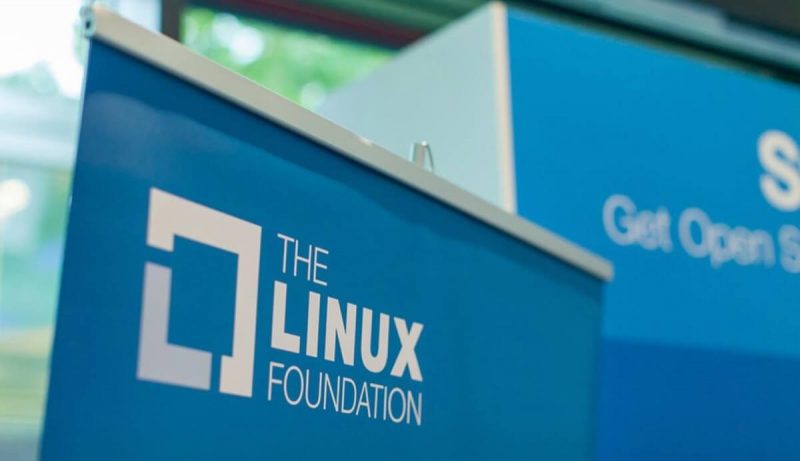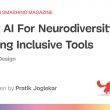

The OPEA is a project created by the Linux Foundation, more specifically the LF AI & Data Foundation, to develop open-source artificial intelligence solutions for businesses located all over the world. OPEA’s mission is to facilitate the development of flexible and scalable GenAI systems by harnessing leading open source innovations.
This initiative would represent a significant step toward creating standardized, modular, and heterogenous Retrieval-Augmented Generation (RAG) pipelines tailored for enterprise use. By focusing on open model development and optimizing support for various compilers and toolchains, OPEA aims to accelerate containerized AI integration and delivery, paving the way for innovative vertical applications.
Rapid GenAI Technology Adoption
Ibrahim Haddad, Executive Director at LF AI & Data, expressed enthusiasm about the new project: “We’re thrilled to welcome OPEA to LF AI & Data with the promise to offer open source, standardized, modular and heterogeneous RAG pipelines for enterprises. This initiative will unlock new possibilities in AI by creating a detailed, composable framework that stands at the forefront of technology stacks, driving our mission to foster open source innovation and collaboration within the AI and data communities under a neutral and open governance model.”
The timing of OPEA’s launch is pivotal as GenAI projects, particularly those utilizing RAG, would gain traction for their ability to derive substantial value from existing data repositories. The rapid progress in GenAI technology has led to a fragmented landscape of tools and solutions, according to The Linux Foundation. OPEA addresses this challenge by collaborating with industry leaders to standardize components, including frameworks, architecture blueprints, and reference solutions that demonstrate performance, interoperability, trustworthiness, and enterprise-grade readiness.


Intel’s involvement highlights the initiative’s significance, with Melissa Evers, Vice President of Software Engineering Group and General Manager of Strategy to Execution at Intel, noting, “Intel is at the forefront of incubating open source development to build trusted, scalable open infrastructure that enables heterogeneity and provides a platform for developer innovation. OPEA, with the support of the broader community, will address critical pain points of RAG adoption and scale today. It will also define a platform for the next phases of developer innovation that harnesses the potential value generative AI can bring to enterprises and all our lives.”
This collaborative effort marks a significant advancement in making AI more accessible and effective in enterprise settings, promoting innovation and technological integration across industries. The LF AI & Data Foundation is inviting organizations and individuals passionate about advancing open source AI and data to join the OPEA project and contribute to shaping the future of enterprise AI.








